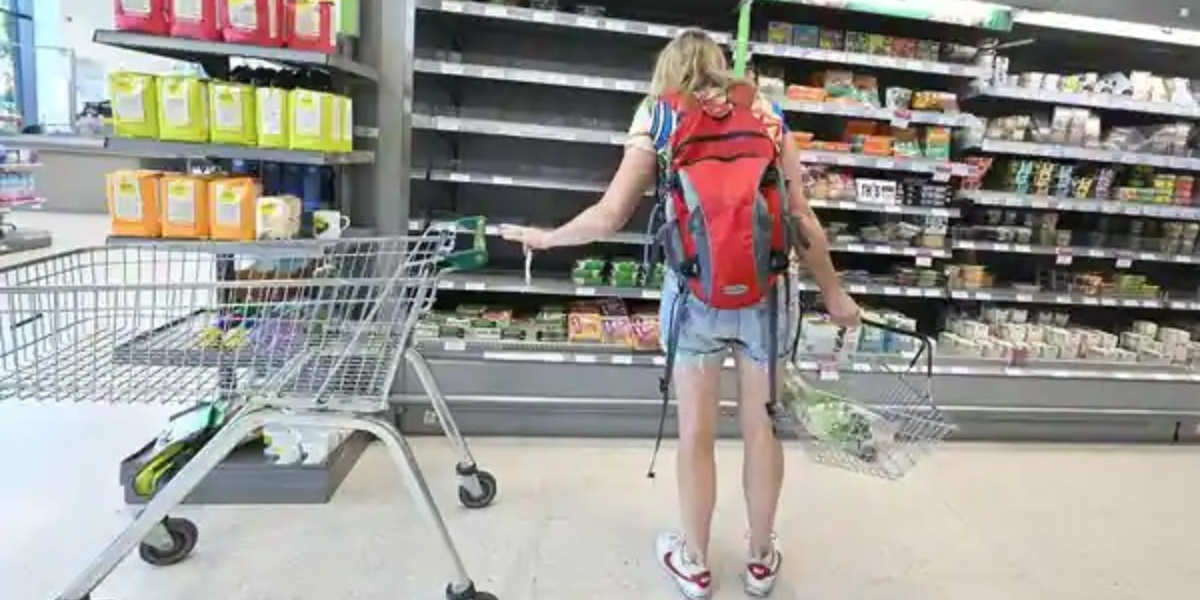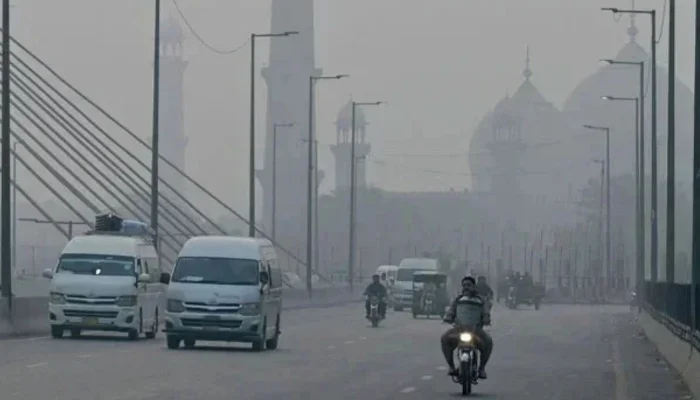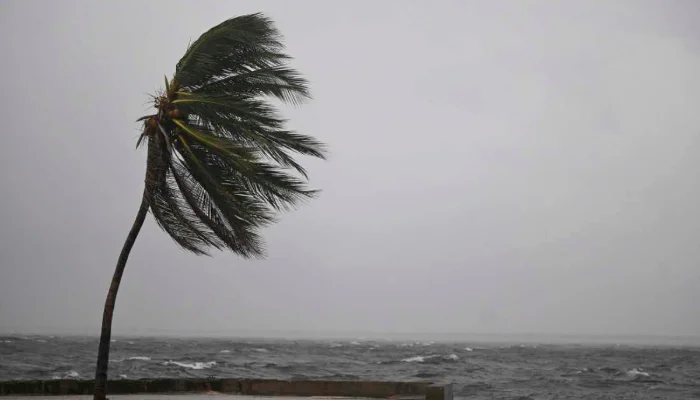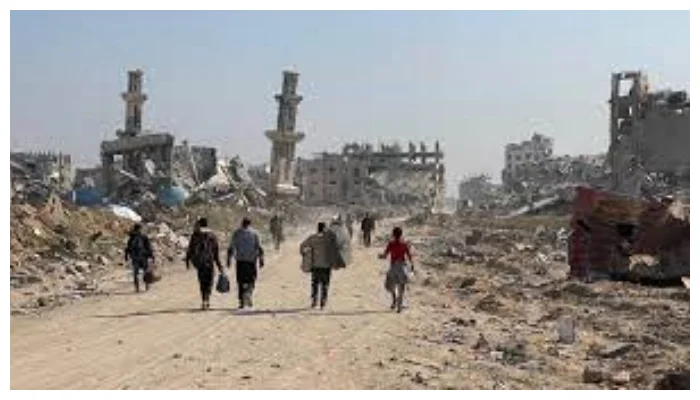LONDON: Last month, the British Retail Consortium (BRC) reported lower yearly sales growth, owing to rising consumer spending pressures as well as seasonal factors such as the date of Easter, which generally boosts spending.
BRC said that total retail spending among its members – largely large chains and supermarkets – was 3.1 percent higher than a year ago, down from 6.7 percent in February.
The BRC estimates that prices among its members increased by 2.1 percent in the year to March, the largest increase in 11 years, resulting in a significantly smaller gain in sales volumes.
The Bank of England and economists are closely monitoring retail data for signs of a slowdown in consumer spending, as consumers confront the worst cost-of-living squeeze since records began in the 1950s, according to government forecasters.
“As consumer confidence continued to sink, March saw sales slow, and while spend remained above last year this likely reflects higher prices,” BRC chief executive Helen Dickinson said.
Some poorer buyers are already missing meals to save money, according to Susan Barratt, CEO of retail data business IGD, which provides the BRC with food spending numbers.
In February, the broader official measurements of consumer price inflation, which cover a broader range of goods and services than the BRC gauge, reached a 30-year high of 6.2 percent.
Richer households, on the other hand, may be diverting spending away from consumer items and toward international vacations, which were previously impossible due to COVID restrictions, according to Don Williams, a partner at poll sponsors KPMG.
As a wave of Omicron cases subsided, official figures released on Monday indicated a significant increase in holiday bookings in February.
Easter fell earlier in 2021 than in 2022, boosting food consumption in March, especially because pubs and restaurants were closed owing to COVID regulations. Non-essential stores were also shut down, however supermarkets and online retailers remained open.
A ‘like-for-like’ metric, which only included retail sites that were open in March 2021, revealed a 0.4 percent annual drop in spending, according to the BRC.
Separate data from payment processor Barclaycard, which handles around half of all British credit and debit card transactions, revealed a significant increase in fuel consumption as gasoline prices rose.
To save money, over half of households stated they would switch to budget or own-brand groceries.
According to Barclaycard, overall card spending increased by 17.7% between March 2019 and March 2022. Over the same time span, consumer prices have risen by little over 8%.
For the latest Business News Follow BOL News on Google News. Read more on Latest Business News on oldsite.bolnews.com


















